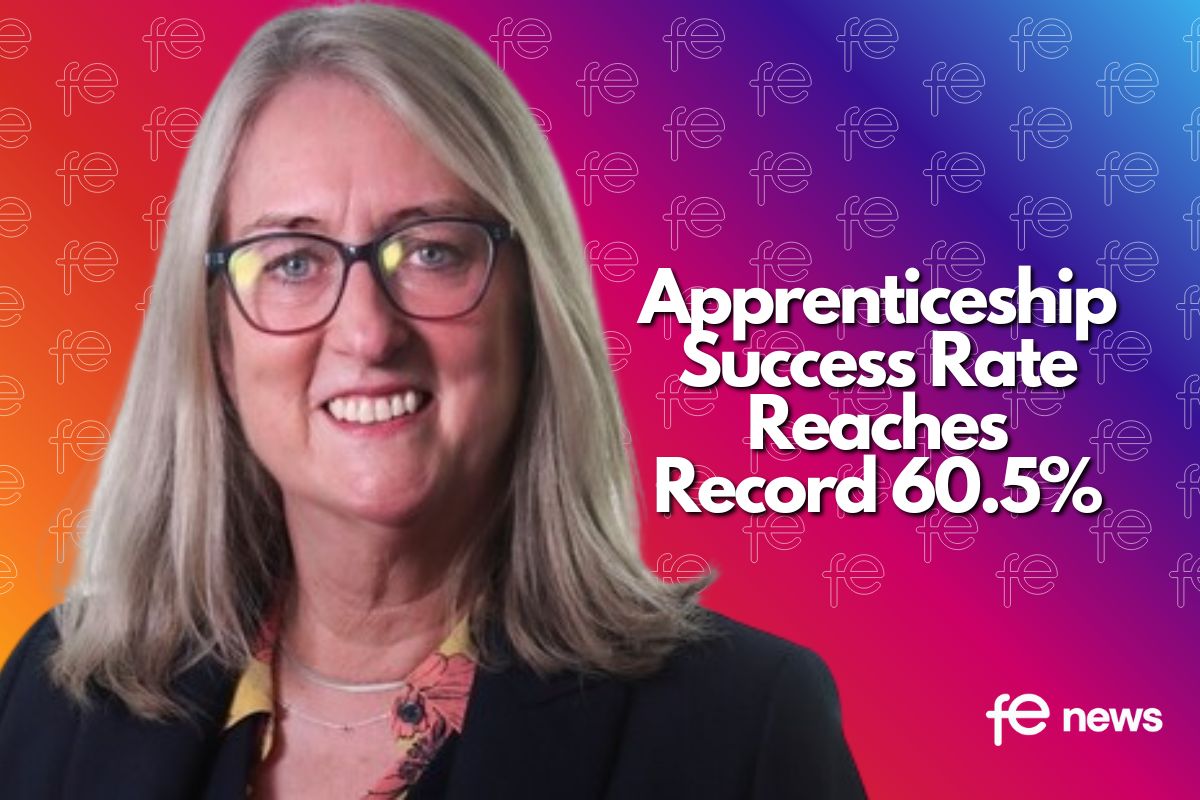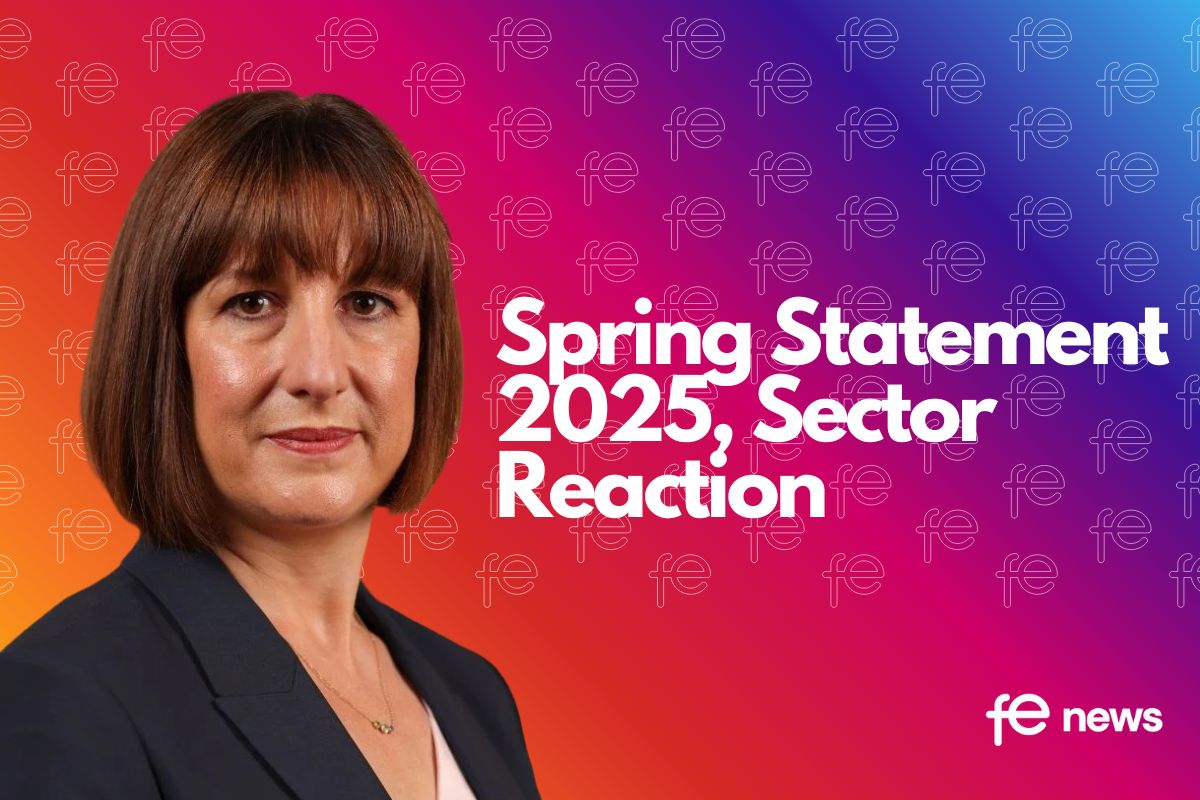Addressing the Mental Health Needs of Post-16 College Students

A Rise in FE College Students with Mental Health Conditions
A recent Association of Colleges survey highlighted just how stark the mental health crisis is – 94% of colleges reported that they’d had to deal with attempted suicides in the last twelve months, and they’re dealing with a growing number of learners with both diagnosed and undiagnosed mental health conditions. We have done this survey three times now, and each year, the situation gets worse.
Increasing Work in the Mental Health Area
What is reassuring is that, despite unprecedented pressures, colleges are continuing to increase their mental health work – 80% have increased their resourcing, and two-thirds of colleges have signed up to the Association of Colleges’ Mental Health and Wellbeing Charter – publicly affirming their commitment to tackling the problem. Nearly all colleges have staff trained in mental health first aid, most provide mental health awareness training to all staff and all colleges have structures in place to support staff mental health.
The pandemic has further focussed minds. 83% of colleges state that mental health referrals were up in September 2020 compared to September 2019 – and the situation has got no easier for colleges or their learners. Colleges have adapted their services to be available on- line, developed sophisticated risk assessments to ensure they provide support to students who may be at the greatest risk, and invested in staff training.
College Collaboration
We are also seeing great collaboration between colleges as they learn and develop new services to respond to the needs of students and to help build resilience. The Let’s Chat website, for example, is a new resource being developed through the College Collaboration Fund by Weston College, Gateshead College and Somerset Counselling Centre – featuring for staff, parents and students.
The Greater Manchester Health & Social Care Partnership has supported colleges to be innovative and it is starting to have a real impact. Hopwood Hall College and Bolton College have been going through the journey to become ‘Trauma Informed Colleges’, truly exploring their entire approach to how they support students and at least four others are now following this route. We are also seeing colleges explore ‘Social Prescribing’, and greater collaboration between staff responsible for physical activity with those responsible for mental health and wellbeing – amplified by the AoC Sport and Mind partnership and a growing focus upon staff mental health.
Planning for September
Whilst dealing with the immediate, colleges are also starting to think about the future – how do we support our current students return to college and how do we help students transition into college in September 2021? In the past many have instigated summer programmes for students who may need more support in the move from their previous setting and hopefully this approach can be re-introduced this summer. By providing students with the opportunity to become familiar with new surroundings, getting to know key support staff and build confidence through team-building activity we have seen evidence that such interventions improve retention and outcomes.
Rising to the Challenge
Colleges are rising to the challenge, but we need decision makers to do so as well. We need recognition that the college setting is different to schools, so resources, initiatives and investments need to be relevant. Policy making needs to consider the wellbeing of all our learners – it is easy to say that simply being back in college will improve the mental health of our young people: but it will not if they don’t feel safe and it won’t if we can’t provide clarity on what the future holds, whether that is on how they will be assessed or what support they can access to catch up on missed learning.
Recommendations
The AoC has three recommendations, two for government and one for FE colleges.
Recommendation 1
The Government should create a national fund to support the transition and retention of 16-year-old students into colleges in September 2021
Recommendation 2
The Government should ensure all education policies have an assessment of their impact on the mental health of staff and students.
Recommendation 3
FE colleges should sign the AoC mental health charter and annually evidence how they meet all 11 commitments.
By David Hughes, Association of Colleges
Understanding and Overcoming a Mental Health Crisis in 2021 |
|
This article is from the new publication ‘Understanding and Overcoming a Mental Health Crisis in 2021: issues for post-16 education, employment, the world of work and retirement’. Some of the issues and concerns for mental health discussed existed prior to the pandemic, but Covid-19 has caused additional pressures on young people and adults. The authors make specific recommendations to support apprentices and students at colleges, university and in adult learning, as well as people in and out of work. The important role of education, lifelong learning and good work in promoting mental wellbeing and reducing mental health problems is also addressed. Published by the Campaign for Learning, it brings together sixteen specialists from mental health and post-16 education and employment to set out what needs to be done to prevent or limit a mental health crisis in 2021. |
|











Responses